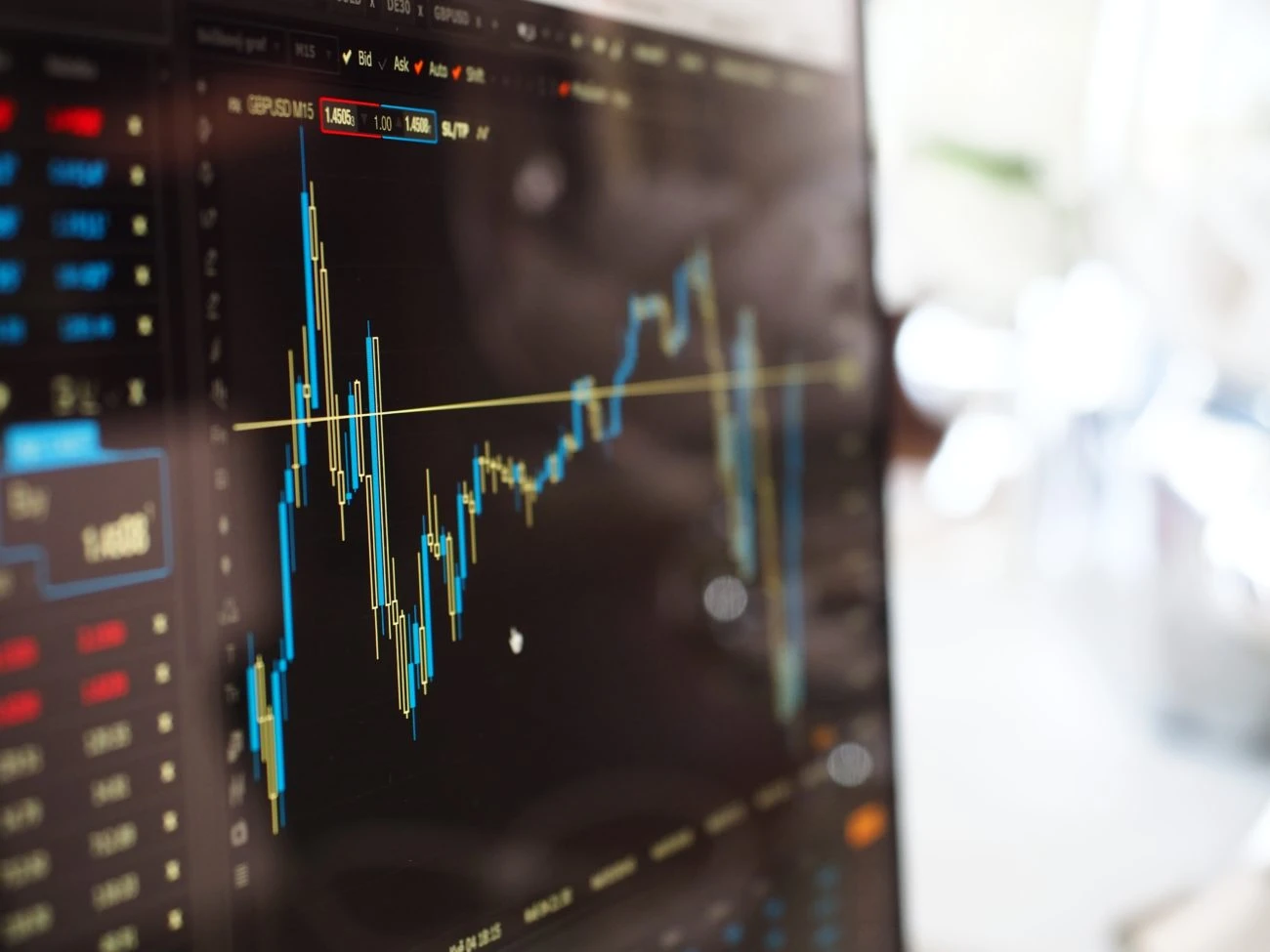US and social gaming drive Aristocrat to record FY revenue

Australia’s Aristocrat Leisure has reported a 22.7% year-on-year increase in revenue for the 12 months to 30 September, to AUD$4.40bn (£2.32bn/€2.71bn/US$3.00bn) on a statutory basis.
The supplier saw growth in its land-based gaming supply business and an M&A-driven boost to its digital division push it to a new full-year revenue record, which was up 14.8% on a constant currency basis.
The Americas division was the largest single source of revenue, accounting for $1.95bn of the total, a 23.3% improvement on the prior year. This was aided by growth in the installed base of Aristocrat’s Class II and III gaming machines, with Class II up 3.9% year-on-year to 25,220 units, and Class III installs up 14.3% to 22,998. Average fee per terminal per day rose 1.3% to USD$50.46.
The launch of new hardware, such as the MarsX, EdgeX, Winners World cabinets also led to an increase in outright sales for the year, with the total number of platforms installed rising 29.6%, at an average price per unit of USD$18,097. This offset a slight decline in revenue from Latin America, which Aristocrat blamed on challenging conditions in the Mexican and Argentinean markets.
The strong performance of the Americas business offset weaker performance in the Australia and New Zealand and International segments. Revenue from Class III supply operations in Australia and New Zealand casinos rose 0.4% year-on-year to $456.2m, while International revenue fell 2.9% to $204.5m.
Digital, meanwhile, saw revenue climb 33.6% to $1.79bn, with the division benefitting from full-year contributions from Plarium and Big Fish Games, acquired in October 2017 and January 2018 respectively.
Bookings (the total amount of revenue generated in a period) climbed 21.1% to USD$1.23bn of which 52.0% came from social casino games, while casual games accounted for the remaining 48.0%.
Heart of Vegas, the social slot app developed by Product Madness, accounted for 15% of this total, followed by Big Fish Casino on 14%, then Cashman Casino on 11%.
“We also made significant strides in bedding down recent Digital acquisitions, leveraging critical skillsets and establishing a diversified portfolio approach, analogous to our proven land-based growth strategy,” Aristocrat chief executive Trevor Croker explained.
Looking ahead, Croker said that the Digital division would focus on growing its presence in the casual gaming segment.
“The successful global launch and scaling of RAID: Shadow Legends, our first entry into the CRPG genre, contributed to our performance and generated valuable insights we will apply to future game launches and genre entry strategies.”
For the year, revenue-related costs rose to $1.97bn, leaving a gross profit of $2.43bn, up 23.0% year-on-year.
Aristocrat then reported $11.1m in other income, down from $13.5m in the prior year, while design and development costs growing to $500.4m. Sales and marketing expenses grew 19.7% to $217.1m, with administrative costs rising to $611.6m, and finance costs to $135.1m.
This left a pre-tax profit of $973.5m, up 27.6% from FY2018, and a full-year profit of $698.8m after $274.7m of income tax was paid.
“Aristocrat delivered another year of high-quality profit growth in fiscal 2019, further extending our track record of share taking and organic momentum, driven by strong investment in talent, product portfolios and marketing across our Land-based and Digital businesses,” Croker commented.
“Sustained operating performance drove strong free cash flow generation, which was in turn invested to fund further growth, pay progressive dividend increases and provide significant balance sheet optionality for the future.”
For the current fiscal year, which began 1 October, the supplier said it expects to see continued growth in outright sales in the North American market, with its installed base to expand further.
Digital, meanwhile, will be driven by newly launched titles being scaled, with user acquisition spend to be kept to a rate of between 25% and 28% of the division’s revenue.
As of 19 November, the business also made structural changes to reflect the fact that the majority of its profits are generated from the US market, which currently represents more than 60% of the group total. While it will continue to pay taxes in Australia, it will recognise a one-off deferred tax asset of approximately $1bn in the first half of the year, to 31 March.
As a result, its effective tax rate, when factoring in the deferred asset, will be approximately 23.5% to 24.5% of profit.
